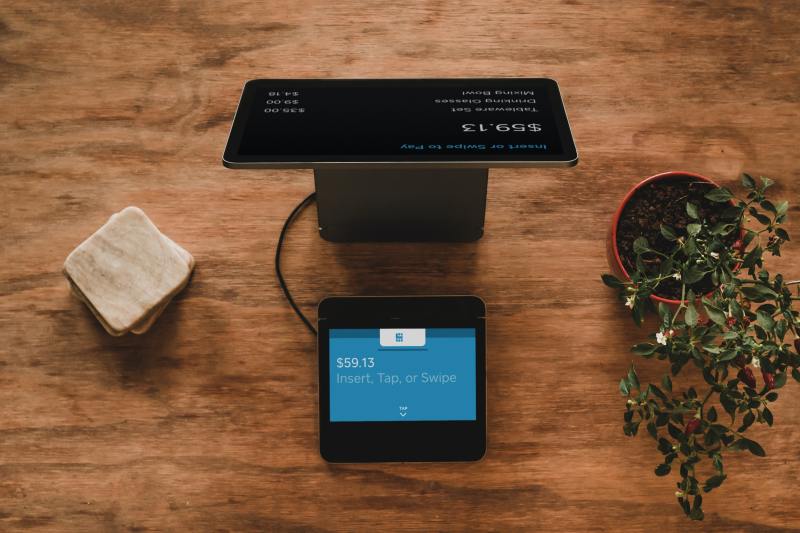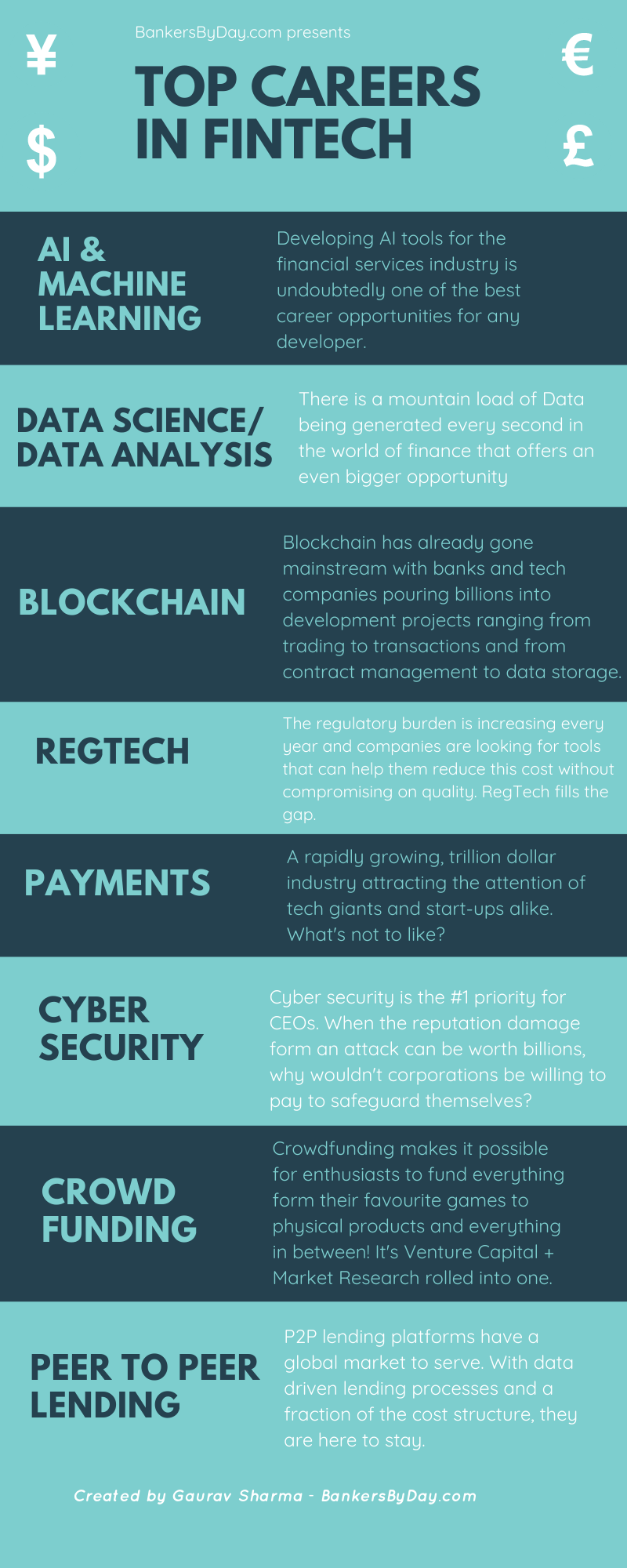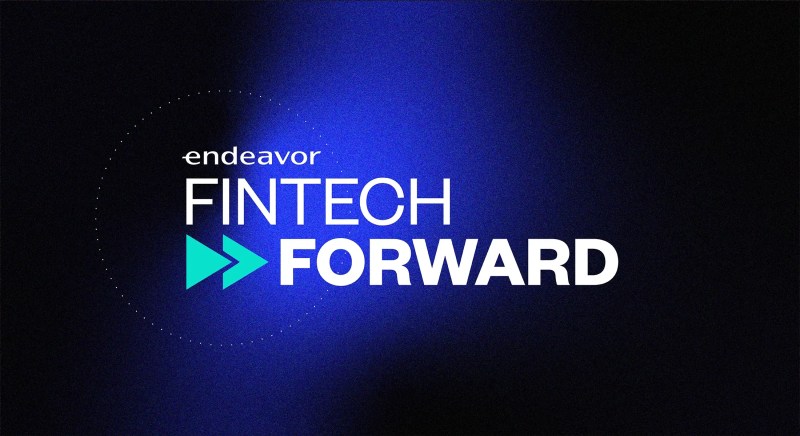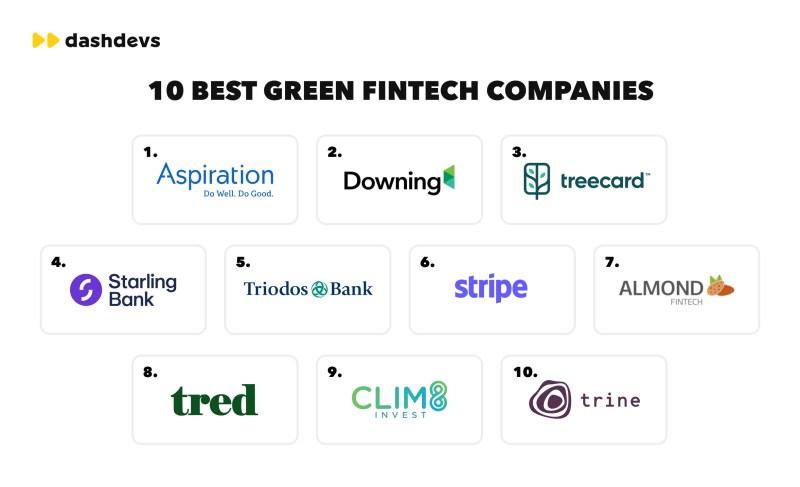
New Fintech Startups In Usa – Despite the financial woes of the industry, some startups – especially those that provide services to other businesses – are thriving. Here’s the FinTech 50 for 2024. By Jeff Kauflin and Janet Novak, Staff
The past year has worked for the financial technology industry, with fintech stocks officially trading 50% off their late-2021 peaks as the S&P 500 hit new highs. Venture capital funding for fintech startups is even more depressed – down more than 70% from $141 billion globally in 2021 to $39 billion in 2023, according to CB Insights. Both lay and fire sales are widespread.
New Fintech Startups In Usa

However, our new 2024 Fintech 50 list is full of extraordinary entrepreneurs who have adapted and survived in this environment. The three segments that primarily serve other businesses, payments, Wall Street and bank-related projects and businesses, performed the strongest. They account for 27 of our top 50 charts and seven of the 13 first-time honorees listed this year, the ninth annual honor roll for the most innovative individual businesses. This is not surprising at this time, when me-too consumer services startups seem to lack unlimited VC funding for large marketing campaigns, and the real and crypto sectors face unique challenges.
Witness The Impact Of Fintech On Banking & Financial Sector
It’s probably boring, but it should be the poster child for new trends and valuable new services: the newcomer DataSnipper. Based in the Netherlands, it uses artificial intelligence to match data from receipts or invoices with expense records, saving many hours for accountants who are currently in short supply. DataSnipper already has 1,400 clients, including Deloitte, Ernst & Young, KPMG and PwC, and after five years of growth as a bootstrapped operation, it just raised $100 million at a $1 billion valuation.
Cyber insurance is another notable fintech-oriented firm, driven by the continued growth of attacks and ransomware. Listmakers Coalition and At-Bay founders are using deep knowledge of technology — and how hackers work — to capture a larger share of the $11 billion cyber insurance market. (Read more about the trend here.) Likewise, financial fraud based on artificial intelligence is creating opportunities for fintech entrepreneurs. The three companies returning to our list – Alloy, Persona and SentiLink – each try to stop fraud, while newcomer MidDesk helps its 600 customers, including both traditional banks and other fintechs, from businesses that open accounts or take out loans that are legitimate.
To recognize such winners, our team of nine reporters and editors analyzed 100 companies, evaluating everything from product innovation to customer and revenue growth to leadership diversity. We interviewed both CEOs and industry insiders. In the United States, they must be considered to have their start-up or significant operations and not be part of a public company.
The two narrow categories on our list are real estate and blockchain and crypto. High interest rates continue to hit the real estate sector, hurting startups that depend on home sales, mortgages or commercial real estate prices. Only two real estate companies on this year’s list.
104 Fintech Companies And Startups To Know
In blockchain and crypto, with FTX founder and now convicted felon Sam Bankman-Fried in jail awaiting sentencing, and Binance founder Changpeng Zhao pleading guilty to multiple violations of bank secrecy laws and resigning as CEO, the industry is turning the page and the focus is now on companies that have come of age Regulatory scrutiny can be increased to build more sustainable growth. This is reflected in this year’s three Crypto and Blockchain FinTech 50 panels – infrastructure companies ChainAlysis, FireBlocks and newcomer Gauntlet – which are focused on compliance, security and optimization (and risk reduction) of financial models of financial transactions.
In contrast, in 2022, nine crypto companies made the FinTech 50, including FTX, which was recently valued by investors at $32 billion, making it the third most valuable fintech company in America.
This brings another change from previous years: in 2024 we did not represent the most prominent fintechs, but we added information when the company raised the latest funds. That’s because fintech valuations have fallen so much from their 2021 highs that the numbers are down since the company last raised funding. For example, the membership list Ramp grew its customer base by an impressive 80% to reach 25,000 customers in 2023 for its corporate credit card and other expense management services. However, when the money was raised last August, it was estimated at $5.8 billion, down from $8.1 billion in early 2022.

Surprisingly, two companies that first made our FinTech 50 list for 2015 and then dropped to our list are back this year: robo-advisor Wealthfront and tech company Zest AI, which changed its name to ZestFinance in 2019. Due in part to higher interest rates and the addition of a new auto loan portfolio, wealth income rose 150% to $200 million by 2023, while assets under management grew to $55 billion. Zest AI also more than doubled its revenue in 2023, reaching $38 million. It uses AI to help borrowers increase creditworthiness while reducing credit risk.
Top 50 Leading Fintech Startups In India 2022
Some newcomers to our list stand out for the unique books they get. Example: Carry1st, started by 37-year-old Cordel Robbin-Coker, licenses and publishes mobile games in Africa and offers a payment that enables in-app purchases for popular games across the continent.
Another notable newcomer is making a strong presence in a segment that already had an established leader. San Francisco Startup Pulley helps private companies find ownership or “table cap.” When its parent company Carta pushed back against the buyer for sharing sensitive information about the startup with secondary market investors, Puli confronted it. X CEO and co-founder Yin Wu previously took to Twitter to warn Charter defectors that they don’t have to pay on two contracts at once. Pulley now has 4,600 customers, a 109% increase from the start of 2023. That’s a long way from Carter’s 40,000, but since our list wants to honor those inventors of mobility, Pulley replaced Carter on the list.
With additional reporting from Nina Bambisheva, Steven Ehrlich, Emily Mason, Javier Paz, Maria Gracia Santillana Linares, Rina Torchinsky and Hank Tucker.
How Two Expies Cracked the $11 Billion Cyber Insurance Market and More Jeff Coughlin’s The Future of Wall Street and Enterprise: The FinTech 50 2024 by Hank Tucker Newcomers to the FinTech 50 2024 by Emily Mason Eight CEOs make FinTech 50 debut Torchinsky The Future of Payments: Fintech 50 2024 by Emily Mason What they do: Sunbit specializes in point-of-sale financing solutions for both consumers and merchants. The company facilitates instant payment plans at the time of purchase, making it easier for merchants to provide products and services to customers while supporting sales growth. By removing traditional boundaries, Sunbit improves the purchasing experience and increases financial inclusion across consumer industries.
Qed Closes On $925m To Back Fintech Startups Globally
What they do: Akur8 is an AI powered insurance and booking platform. The company uses proprietary machine learning algorithms to automate and optimize the insurance process. The module offers different types of prizes
In September 2024, the startup raised $120 million in Series C funding. Today, the platform is used by 250 major insurers and supports 2,400+ users in 40 countries.
What they do: SendWave is the primary money transfer service focused on making fast and secure cross-border transfers. Operating primarily in North America and Europe, SendWave allows individuals to send money to countries in Africa and Asia as an efficient and cost-effective alternative to traditional remittance channels. The startup has more than 1 million global users in 130 countries.

What they do: Rapyd is a payment gateway focused on international card payments. Some of the startup services include Rapyd Wallet (a multi-currency digital wallet), Rapyd Distribution (global accounts in 190+ countries), Rapyd Direct Account (local accounts in 40+ countries), and Rapyd Card Issuance. After the acquisition of PayU in July 2023, the company was valued at $8.75 billion.
Global Fintech: Prudence, Profits And Growth
What they do: Tonic Bank is a pioneering digital bank headquartered in Singapore. Operating exclusively through digital channels, Tonic Bank uses technology to provide seamless and accessible banking services to its customers. The bank offers user-friendly mobile and online platforms that enable individuals to open savings accounts, apply for loans and manage their finances efficiently, all while providing a unique banking experience.
What they do: App Cash is a mobile payment solution that allows users to send and receive money. Customers can buy and sell coins while investing in stocks. Cash App has become an increasingly popular tool in peer-to-peer payments, personal finance management and small organization business. As of May 2024, Cash App reported that it has 57 million active transaction users.
What they do: Razorpay is an Indian fintech startup offering banking, payments, payments and solutions. The company’s integrated platform allows businesses to manage operations and accept 100 payment methods. In 2023, Razorpay reached 450,000 customers and $226.6 million in revenue.
What they do: Chim is a neobank that caters to users





